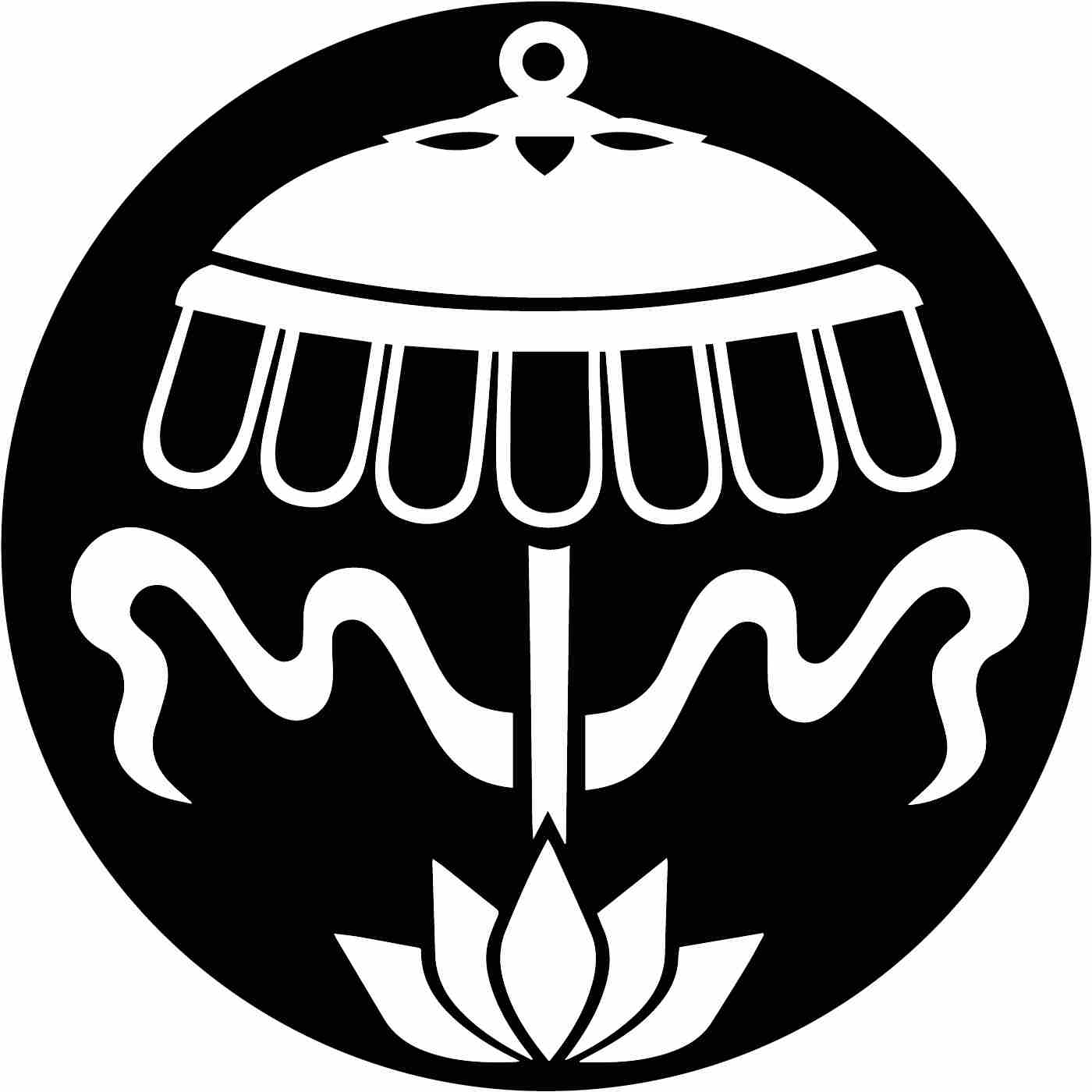Generally the Zud Appears Once in a Generation

My entire life is shaped in the time it takes the moon to cross the night.
Bazar helps me make dinner. Surprisingly he demonstrates great skill in rolling out buuz, each dumpling stuffed with the meat of an old ewe who most likely wouldn’t make it through the winter. My father’s thoughts are elsewhere. Though today is the last week of September, already he is thinking about where we should spend the winter, if we should move to pastures farther south, or if we should head east toward the small city of Bor-Urt where we might spend our first winter off the grasslands. The zud can be fierce, the killing winds that come down out of Siberia, and can wipe out entire flocks within weeks. Generally the zud appears once in a generation, but as the climate changes, it is becoming more frequent, the Gobi starting to encroach northward as the grasslands die off. My father and his friends use the technical word for such change—desertification.
In winters past, Övöö is always against moving into Bor-Urt. He says he would rather die than be cooped up in a city with its smells and lack of space, like an animal in a pen. I know what it is to be contained, he says. Remember? My father hangs his head. The conversation always ends with Övöö proclaiming: if you go, leave me here, before saddling up and riding out to the herds.
During dinner, Bazar sits in the western position in the ger, the space meant for honored visitors. The rest of us take our places, though Övöö remains sleeping. If you’d like me to sit with him, I can, Bazar says. None of us ask what he means by this. It is plain to see—the quiet way he moves, his aura of calmness—that he is not a simple herder.
Please comfort him in any way you can, says my father.
Bazar nods. He crawls to where Övöö lies on the floor, tucked in among a pile of furs. Old friend, says Bazar. See your way through the bardo. Remember your essence.
Even after I clear the dishes and carry them outside to wash, the stranger stays by my grandfather’s side. Even as the moon climbs in the sky, even as my father and Mun prepare to bed in the other ger. Even after I hear Mun’s cries as the mare’s time finally comes, kicking her legs and just barely missing my father’s face, the two of them trying to calm her as the dark head appears under her tail. How my father catches her first baby as it falls out in a glistening sack, the creature a midnight blue. And minutes later as Bazar is kneeling beside my grandfather, another hoof appears, the second animal’s legs splayed, lost somewhere in the darkness of the mother, our father sliding his hand up into the blood-heat and trying to steer the breached creature out, the mare eventually collapsing, the choice presenting itself of whether or not to slit the belly and save the foal or to cut the baby out piece by piece.
Within his nest of blankets, Övöö opens his eyes. There is something different in his look. Perhaps his sight is filling with what Bazar tells me is the clear light of mind. The indestructible drop at the center of his heart chakra splitting into the red drop of his father and the white drop from his mother, releasing his very subtle consciousness back into the universe. Bazar begins chanting in a language I do not know, by the sound of it the music older than the earth. I hold my grandfather’s hand, rub his shoulder. He sits up and looks beyond the world.